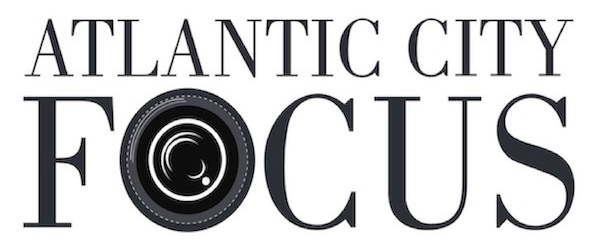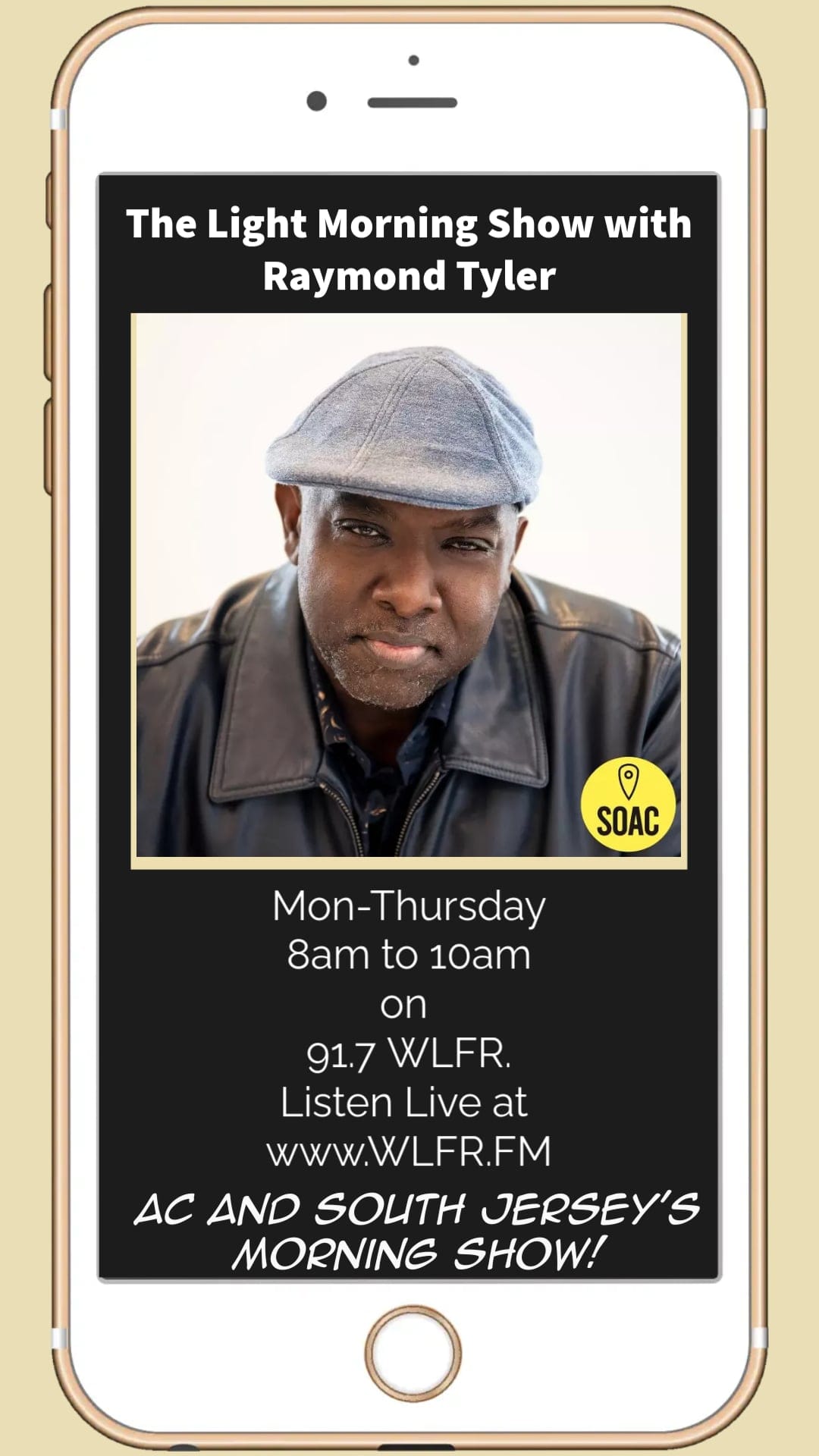Global Unity Day Kwanzaa Celebration to Feature AC Native
LaQuay LaunJuel says the celebration is free but requires registration at www.unityday.net. Kwanzaa is an annual celebration of African American culture that runs from Dec. 26 to Jan. 1, created by Dr. Malauna Karenga in 1966.




